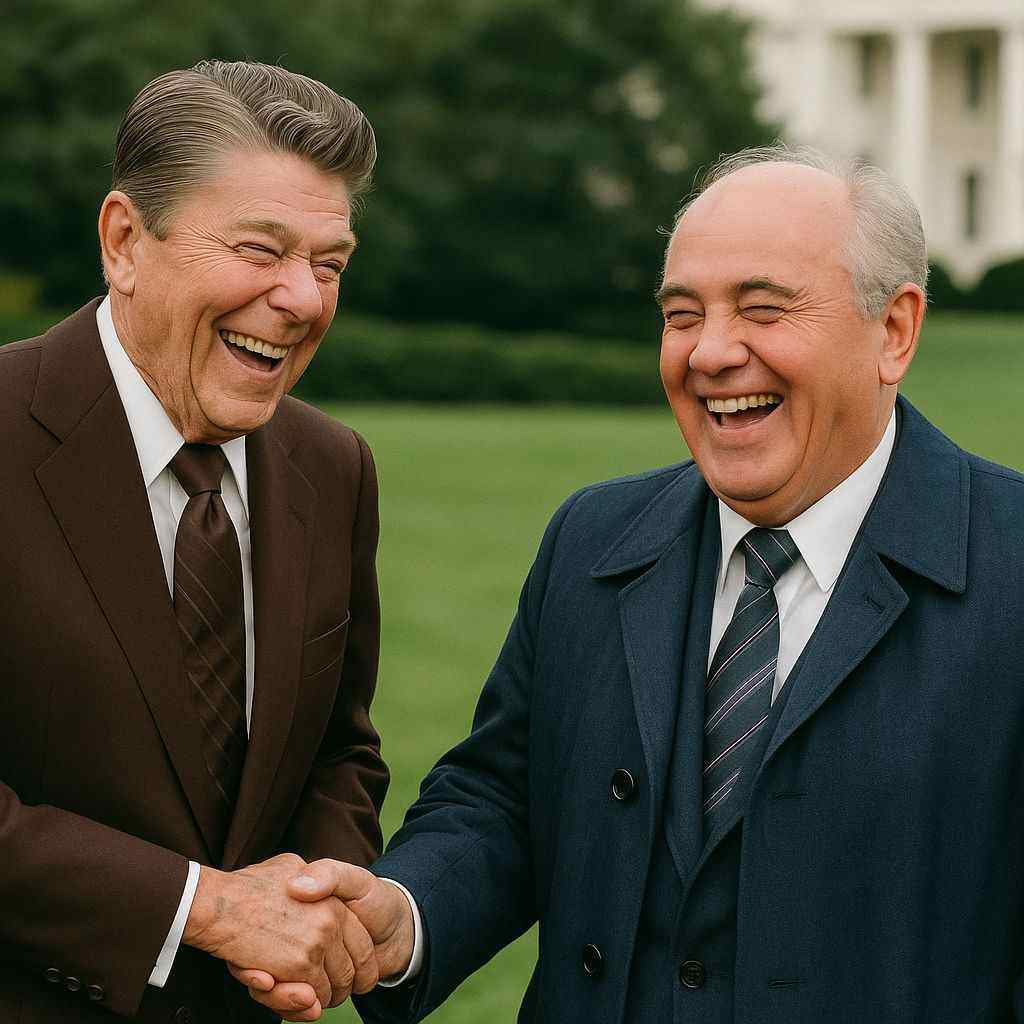
Mikhail Gorbachev
The reformer who opened the Soviet space program to international cooperation
Reform and Openness
Mikhail Gorbachev became leader of the Soviet Union in 1985, introducing radical reforms through his policies of glasnost (openness) and perestroika (restructuring). These reforms had a significant impact on the Soviet space program, transforming it from a secretive, competitive enterprise into one focused on international cooperation.
Under his leadership, the Soviet Union began to openly share information about its space program and seek partnerships with other nations, particularly the United States. This new approach would lay the groundwork for future international space collaboration.
Space Program Changes
- Increased transparency
- International partnerships
- Commercial space activities
Major Initiatives
- Mir-Shuttle program
- Joint space missions
- Technology sharing agreements
International Cooperation
One of the most significant developments under Gorbachev was the agreement to allow U.S. Space Shuttles to dock with the Mir space station. This cooperation marked a dramatic shift from the competitive nature of the Space Race and demonstrated the potential for international collaboration in space exploration.
The Mir-Shuttle program became a symbol of the new relationship between the United States and the Soviet Union, paving the way for future joint projects like the International Space Station.
Legacy in Space
Although Gorbachev's tenure ended with the dissolution of the Soviet Union in 1991, his policies had a lasting impact on space exploration. The international partnerships he fostered continued under the Russian space program, leading to the successful cooperation we see today on the International Space Station.
His emphasis on openness and cooperation transformed space exploration from a field of Cold War competition into an arena for international collaboration, setting a precedent that continues to influence space policy and exploration in the 21st century.